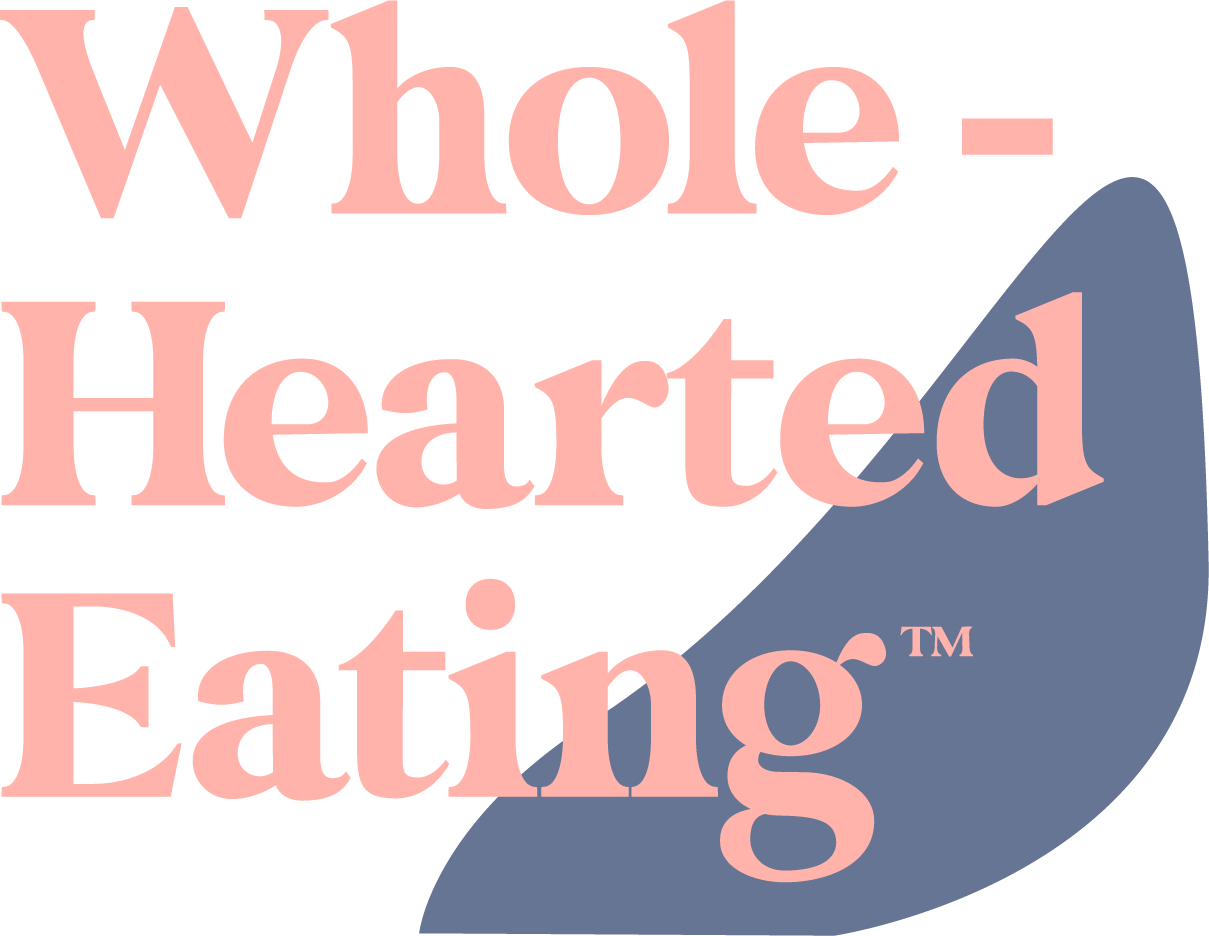Why Noom Doesn’t Work
We wanted to share with you some research that proves these diets *do not work* and you shouldn’t feel bad about them not ‘working’ for you long-term.
How we’re defining “diets”: any protocol that involves unnecessary restrained eating and elimination of food for the sake of (what the diet culture industry considers) long-term-health promoting outcomes. Includes: weight watchers, noom, whole 30, sugar detoxes, beachbody, elimination diets, intermittent fasting, keto, paleo, etc.
Restrictions/elimination: removing entire food groups for a non-medical reason (i.e. allergy or celiac disease), excessive restriction of calories or macronutrients
But here’s the thing...the research shows that these types of protocols do not result in long-term health promoting outcomes - in fact, health outcomes like obsession with food, body image concerns, GI disorders, decrease in sex drive, mood changes, and mental health symtpoms of anxiety and depression developed when the research followed dieters long-term. Read the fascinating research here - The Minnesota Starvation Experiment
Note: Starvation was defined as 1500 calories. How many diets have you read that immediately prescribed 1500 calories or less? Let that sink in.
Bonus: This is a video where Cristina & Dana discussed this research! The F*ck it Diet Part I discussion
You guys know we don’t like to make things about weight, but this is important to keep in mind too if you’re still struggling with wanting to diet to lose weight - many studies show that the #1 determinant of weight gain long-term was a history of dieting.
For all of you that are thinking to yourself, “but what about my health?!” We tend to think of “health” management needing to coincide with “weight” management because we associate health promoting behaviors alongside diets - such as increasing daily movement, incorporating broad base nutrient diet profiles, and overall stress reduction. However, the research actually showed that when weight loss was taken out of the equation, the biomarkers and health promoting behaviors were improved more sustainably over time over the weight loss focused programs.
Need more convincing - let’s take it to cardiovascular health. We get it, more than 47% of American’s have at least one of the risk factors for cardiovascular disease - elevated blood pressure and high cholesterol being some of the most common factors that we see in our own clients blood markers. You can read in the above research how the weight-inclusive model of care improves blood markers (specifically lipids and blood pressure), but there is also this incredible research that calls out that dieting and weight cycling are actually additional risk factors for cardiometabolic disease.
Again, this isn’t to shame you for pursuing weight loss in the past or thinking that it’s THE way to pursue health - or to make you feel like you did this to yourself! You were just following what the mainstream knowledge was, based on the research at the time - but research is changing and evolving to show that a HAES, weight-inclusive approach actually promotes better long-term health outcomes, whereas weight loss can actually promote more adverse long-term health outcomes.
So we’re just here - you’re two trusty evidence-based nutritionists trying to keep the research neutral so you can make informed choices about your own body. We know, this is a huge shift, but one that we hope provides you with a little bit more peace and ease around food and your body.
Have questions? Feel free to contact us.
Signing off,
Crisitna & Dana

